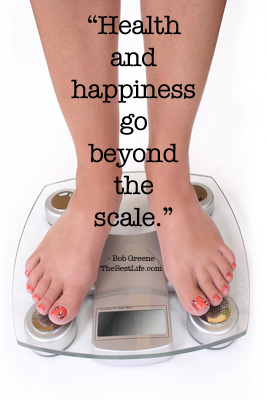If you want to talk about a touchy subject, bring up the term “anorexia” and eyebrows will quickly raise and the room will become uncomfortably quiet. The reality is, there’s a relatively high chance that someone you know has either privately or publicly struggled with an eating disorder. Because so many remain private in their dealings with disorders like anorexia, pro-anorexia or ‘pro-ana websites‘ that provide resources and support – two terms used loosely and subjectively in this context – have become a big presence online, and a big problem from a mental health standpoint. 
Bailey, 29 (who wished to leave her last name anonymous), became anorexic when she was 17, but had always struggled with self image growing up. Though she was never overweight, she felt uncomfortable in her athletic body so she started to severely restrict her diet. Bailey’s 5 foot 6 frame shrunk from 135 pounds to 105 pounds, whittling her hourglass shape to one that she describes as looking “very sick.”
Knowing she needed help after nearly skimming 100 pounds, Bailey sought treatment, which ultimately turned out to be a disappointment. “I found therapy frustrating because it was focused around getting me back up to weight, not why I was doing these things,” she recalls. “I can’t say for sure what healed me, but I believe it was…realizing that I was all I had, so I had to take care of me.”
Now, years later and on the other side of anorexia, Bailey can easily say that pro-anorexia sites do very little good, if any, to actually stem anorexia. “In my opinion, they teach people to be better anorexics – which isn’t a good thing,” she said. What I needed was strengths counseling – a safe arena in which to air my feelings, and support to retrain myself to eat for a healthy life, not an imaginary body.”
As for whether or not she’s fully recovered from anorexia, Bailey said it’s been a process that she thinks may never end. “I still struggle with this at times, and it’s still tough,” she admits. “I don’t think it’s a disease that anyone ever ‘gets over.’ They just have ‘more ordered eating’ than ‘disordered eating.'” (more…)











